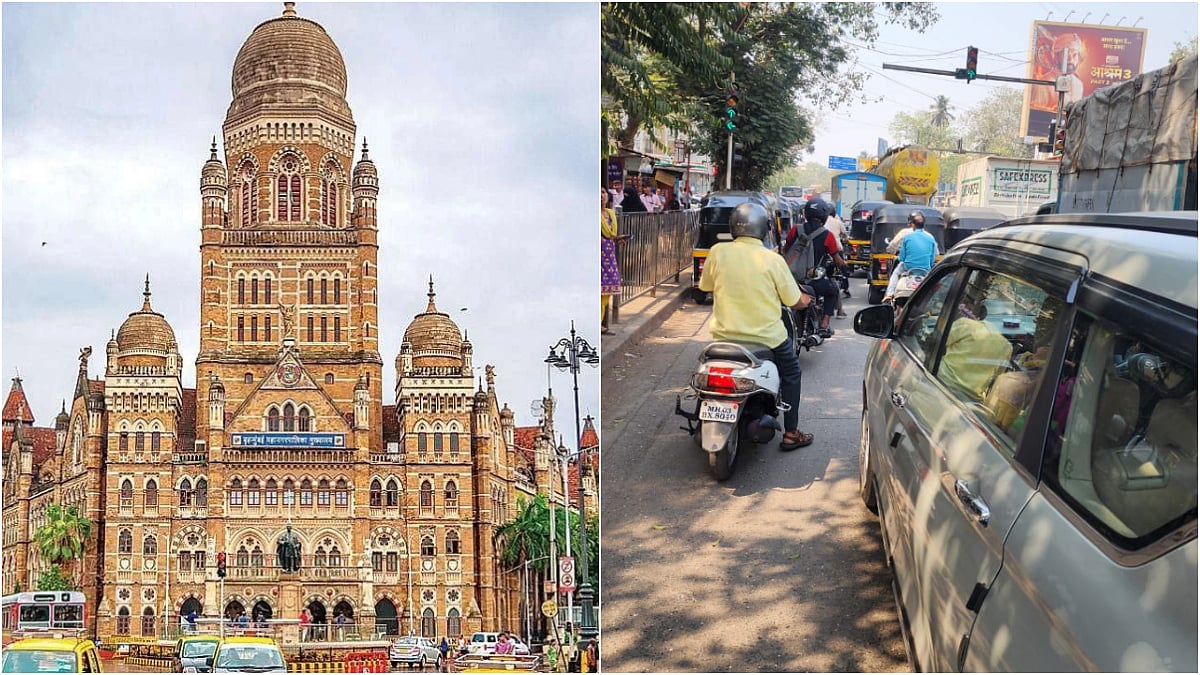Mumbai: Settlements reached with the Securities and Exchange Board of India (SEBI) cannot be used to escape criminal prosecution in cases involving grave economic offences, the Bombay High Court has held.
The court added that payment of disgorgement or settlement fees under SEBI’s consent mechanism does not wipe out criminal liability, especially when allegations indicate systemic manipulation of the securities market.
HC Dismisses Petitions Seeking Quashing of CBI Proceedings
A bench of Justice Ajey Gadkari and Justice RR Bhonsale, on Friday, dismissed two writ petitions filed by businessman Manoj Gokulchand Seksaria, who sought quashing of criminal proceedings initiated by the CBI in connection with alleged manipulation during the IPOs of Yes Bank and IDFC between 2003 and 2004.
Petitioner Cited SEBI Consent Order and Payment of ₹2.25 Crore
Seksaria argued that SEBI, the original complainant, had already concluded adjudication against him under a 2009 consent order, following which he paid over Rs 2.25 crore in disgorgement and settlement charges. He contended that the CBI’s criminal prosecution therefore served no further purpose.
Court Rejects Claim That SEBI Settlement Erases Criminal Liability
The bench rejected this contention outright. “Only because money has been paid, an accused cannot be exonerated from criminal liability,” it held, adding that quashing criminal proceedings merely on the basis of a SEBI consent order “would be misplaced and set a wrong precedent.”
CBI Alleges Fictitious Accounts Used to Corner Retail IPO Shares
According to the CBI, Seksaria and others created numerous fictitious bank and demat accounts to corner IPO shares meant for retail investors, later funnelling the shares to themselves for unlawful gain.
Certain public sector bank employees allegedly assisted in executing the scheme, leading to charges under the IPC as well as the Prevention of Corruption Act.
Court: Serious Economic Offences Cannot Be Treated as Private Disputes
Emphasising that such acts strike at the heart of market integrity, the Court said serious economic offences “cannot be treated as private disputes” capable of compromise.
“Heinous/serious offences, offences against the society, economic offences against the financial system cannot be quashed even if there is a settlement or a victim has been compensated,” the judges observed in a detailed 69-page judgment.
HC Warns Against Allowing Offenders to Hide Behind SEBI Settlements
The Court further warned against allowing financial offenders to evade scrutiny by relying on regulatory settlements. “To quash the proceeding merely because payments are made to SEBI would be nothing short of unwarranted and misplaced sympathy… If the prosecution against economic offenders is not allowed to continue, the entire community is aggrieved,” the bench noted.
Consent Order Has No Impact on Criminal Case, Says Court
Describing the alleged conduct as a “deliberate design with an eye of personal profit,” the judges said the SEBI consent order will impact the criminal case.
“Taking an overall view thereof, we hold that, in the facts of the present case, the Consent Order dated 7th December, 2009 and the payments made by the Petitioner thereunder towards disgorgement and/or settlement charges do not in any manner whatsoever affect or impact the present criminal prosecution/proceedings,” the court said.
Also Watch:

Petitions Dismissed; Prima Facie Offences Made Out
Finding that prima facie offences impacting retail investors, market integrity and the broader financial system were made out, the Court dismissed both petitions.
To get details on exclusive and budget-friendly property deals in Mumbai & surrounding regions, do visit: https://budgetproperties.in/





